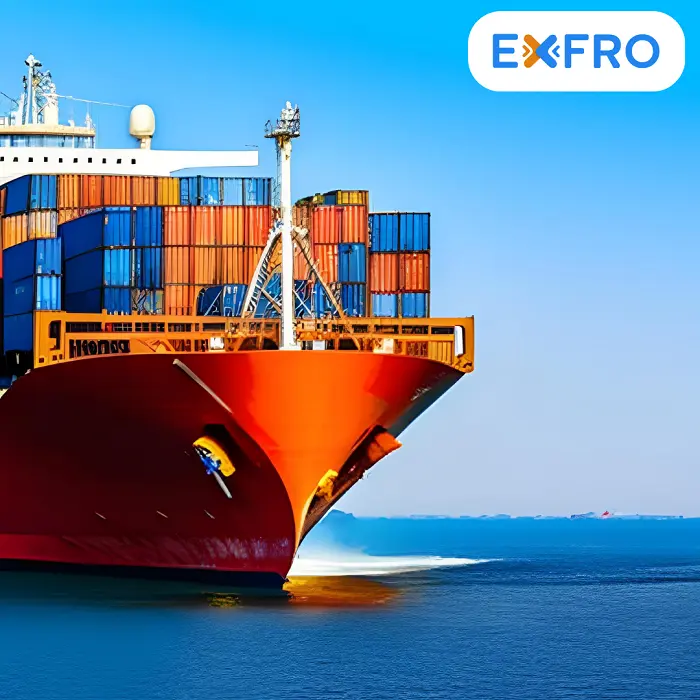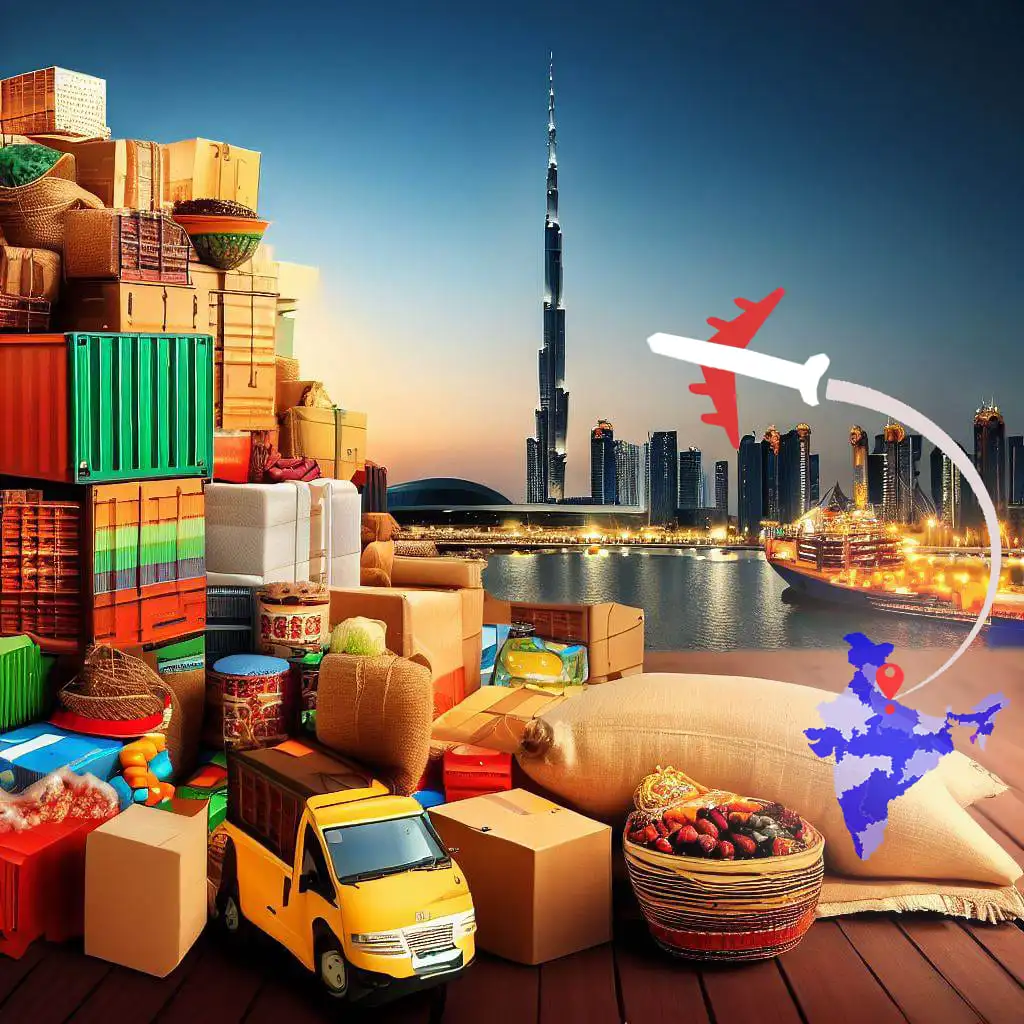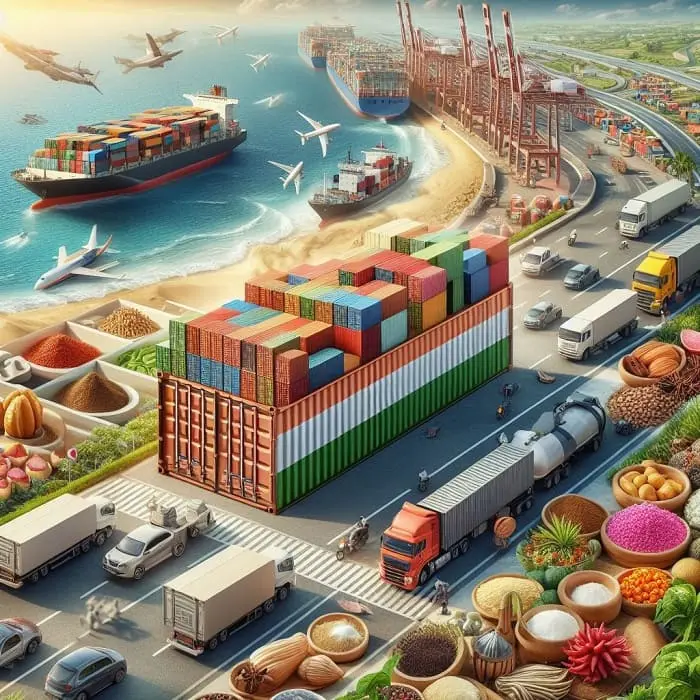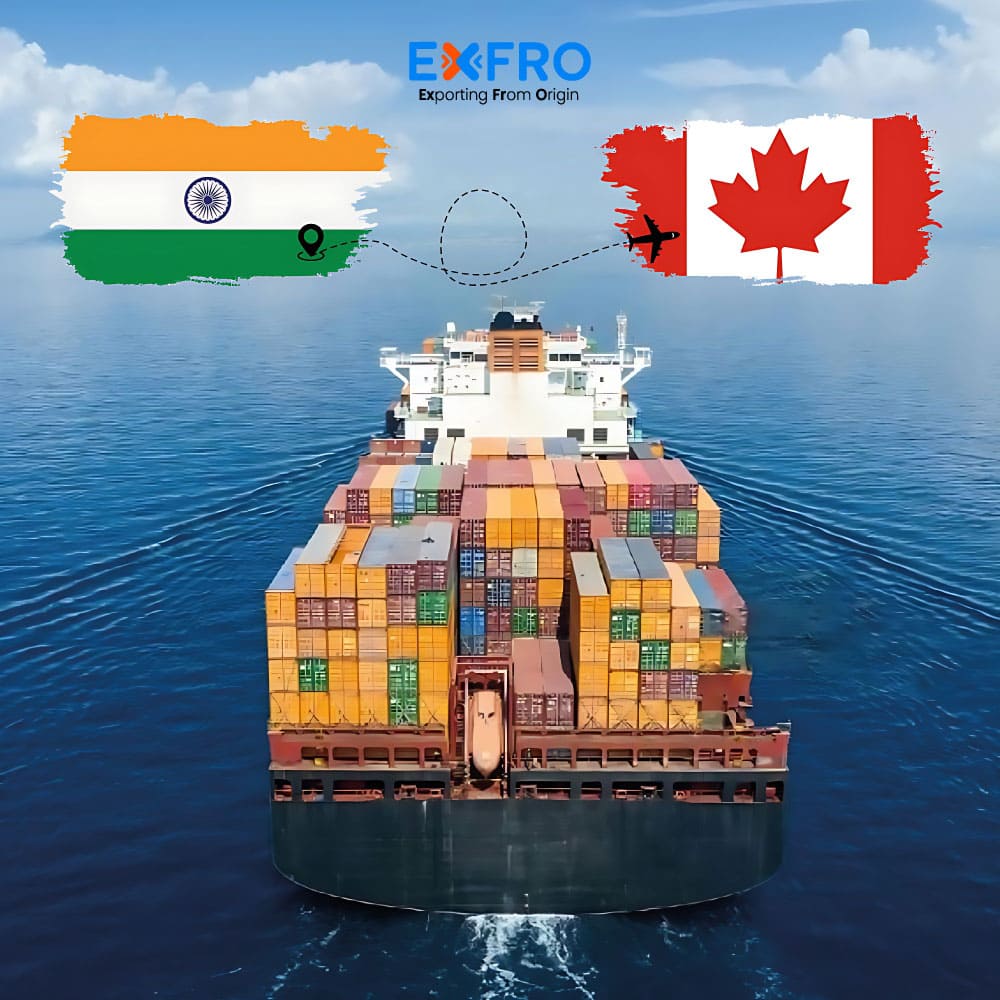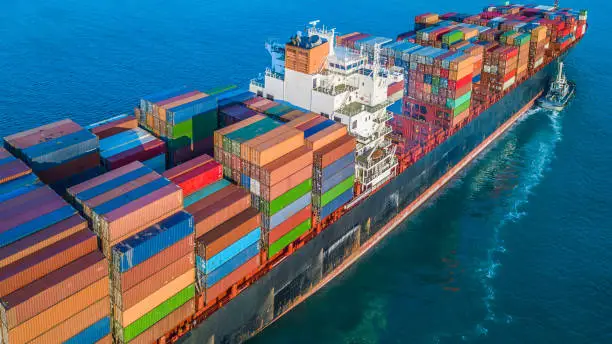How to import steel products from India?
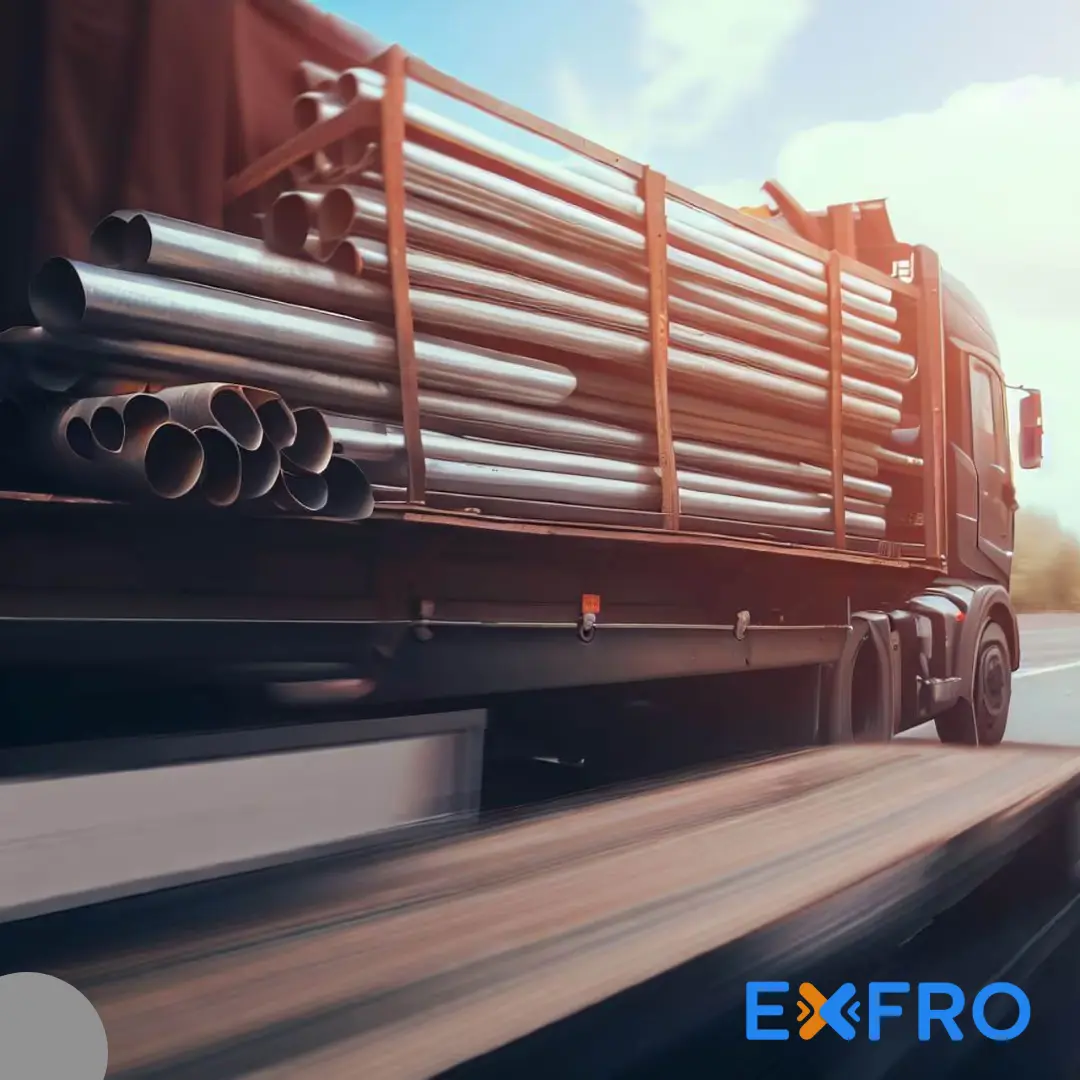
When looking for high-quality steel at reasonable pricing, businesses may find success importing steel products from India. India has become a prominent player in the global steel market thanks to its strong manufacturing sector and knowledge of steel production.
In this blog, we will examine the fundamental legal and customs procedures that importers must take into account while importing steel products from India. For the importation procedure to go smoothly and successfully, it is essential to comprehend and adhere to these regulations.
Before starting to learn about the import procedure, it’s important to understand the global steel trade market, the competition, and the major steel trades going on globally. Continue to read to learn about them and make informed decisions for a successful import journey from India.
India's Steel Exports: Rising Amidst Global Giants
In the world of steel exports, China leads the way as the largest exporter, leaving a significant impact on the global market.
However, India, with its growing steel industry, has been steadily making its mark, making up 6.6% of global steel production, standing next to China and showcasing its positive attributes. While China's dominance cannot be overlooked, India's steel exports exhibit unique strengths that set it apart.
Here, we will look at the top three countries exporting steel:
China
China's steel industry is an industrial behemoth, dominating the global market and contributing 53.9% of steel production.
It benefits from economies of scale, vast steel reserves, and a highly efficient production system, allowing it to supply steel products worldwide at competitive prices. This has revolutionized the global industry, transforming trade dynamics.
India
India has become a major steel exporter next to China contributing 6.6% of global steel production due to its abundant raw materials, skilled labour, and technological advancements.
It offers a diverse product range, high quality, and competitive pricing, catering to various sectors. It is driven by innovation, sustainable practices, and customer-centric solutions, solidifying its position as a major steel exporter.
Japan
Japan is a key player in the global steel export market due to its commitment to precision, innovation, and strict quality standards. Its steel exports are sought after for their exceptional quality, durability, and specialized applications.
Japan's focus on technological advancements and research and development initiatives ensures it remains at the forefront of cutting-edge steel solutions.
[ Read How to import products from India to the USA? ]
Major Steel Products Imported From India
India is the fifth largest economy in the world and is one of the major exporters of products from all categories.
It is known for its robust steel industry and the export of various steel products, such as flat items, semi-finished steel, long products, pipe and tube products, and stainless steel.
Flat items made up 50% of India's steel exports in 2018, followed by semi-finished steel, long products, pipe and tube products, and stainless steel.
Procedure for Importing Steel Products from India
Importing steel products from India involves a specific procedure to ensure a smooth and compliant transaction. The general steps are summarized in the following list:
Identify Steel Products
Determine the specific steel products you wish to import from India. This includes defining the quantity, specifications, quality standards, and any other specific requirements.
Research and Select Suppliers
Conduct thorough research to identify reliable and reputable steel suppliers in India. Consider factors such as their industry experience, product quality, production capacity, certifications, and track record.
Contact Suppliers and Request Quotations
Reach out to the selected suppliers and request detailed quotations for the desired steel products. The quotation should include information about the product specifications, pricing, delivery terms, and payment terms.
Assess and Compare Quotations
Price, product quality, delivery dates, and supplier dependability are among the criteria you should use to evaluate the quotes you have received. Select the supplier that most closely matches your needs, and if required, negotiate the terms.
Place an Order and Sign the Contract
Place an order for the steel products once a provider has been chosen. Sign a contract outlining the agreed-upon terms and conditions, together with the specifics of the product, its amount, price, delivery terms, payment terms, and any legal or regulatory prerequisites.
Arrange Shipping and Logistics
Coordinate with the supplier to arrange shipping and logistics for the imported steel products. This includes selecting the mode of transportation, organizing necessary documentation (such as a bill of lading), and ensuring compliance with customs regulations and import duties.
Clear Customs and Pay Duties
Work closely with customs authorities in your country to ensure smooth customs clearance.
In addition to commercial invoices, packing lists, certificates of origin, and any other essential permissions or licences, you must provide all required documentation. As per the laws in your nation, pay any applicable customs charges, taxes, or fees.
Receive and Inspect the Shipment
Once the steel products arrive at the designated port, take delivery and inspect the goods to ensure they meet the agreed-upon specifications and quality standards. Report any discrepancies or damages to the supplier promptly.
Complete Payment and Settle Financial Obligations
Make the agreed-upon payment to the supplier as per the payment terms outlined in the contract. Ensure timely settlement of all financial obligations related to the imported steel products.
Maintain Documentation
Maintain comprehensive records of all documentation, invoices, contracts, and communications related to the import of steel products. These records are crucial for future reference, compliance audits, and financial purposes.
It is important to keep in mind that the actual import process may differ based on your country's unique needs, legislation, and trade agreements, as well as any bilateral trade agreements between your country and India.
It is advisable to speak with customs officials or experienced exporters and obtain expert advice to make sure that all legal and regulatory requirements are met during the importation procedure.
Legal Requirements to Import Steel Products from India
To ensure a seamless and legal import process when importing steel products from India, it's crucial to adhere to legal and customs requirements. Let's look at some of the fundamental conditions importers must take into account to import steel products from India:
Import Licenses and Permits
Certain steel products may require specific import licenses or permits based on their nature and intended use. It is crucial to identify whether any such licenses or permits are necessary for the steel products you plan to import.
Contact the appropriate regulatory authorities in your country to understand the specific requirements and initiate the application process, if required.
Customs Documentation
Accurate and complete customs documentation is vital for the import of steel products. Documents that are generally needed include:
- Commercial Invoice
- Packing List
- Bill of Lading or Airway Bill
- Certificate of Origin.
- Insurance Certificate
- Quality Certificates
Ensure all customs documents are accurately completed, providing the required information in the prescribed format. Any discrepancies or incomplete documentation can lead to delays in customs clearance.
Tariffs, Duties, and Taxes
Learn the applicable tariff codes, duty rates, and any value-added, goods-and-services, or other taxes that may apply to the steel products you intend to import. To find out about the duty and tax implications for your imports, talk to customs agents or officials.
Regulatory Compliance
Ensure imported steel products meet safety, labelling, and environmental regulations to avoid legal issues or penalties. Stay updated with the regulatory landscape and consult with authorities or industry experts to ensure compliance.
Customs Broker or Agent
Customs brokers can help simplify the import process by providing expertise in customs regulations, documentation requirements, and tariff classifications to ensure compliance and facilitate the smooth movement of goods through customs.
How ExFrO can help you Import Steel Products from India?
At ExFrO, we pride ourselves on being a trusted choice for your steel import needs from whichever country you live in. It's critical to choose a business that offers specific advantages and a proven track record of quality when looking for an exporting partner.
We identify ourselves by providing an unbeatable mix of premium steel goods, affordable pricing, a wide variety of alternatives, reliable and prompt delivery, and a customer-centric attitude.
We are confident in our capacity to fulfil your steel import requirements and help your projects succeed thanks to our dedication to quality and a wide network of associations across the globe. Partner with us for a seamless and rewarding import experience.
Subscribe to new posts
Want to import products from India to USA?
Fill below details to get started

